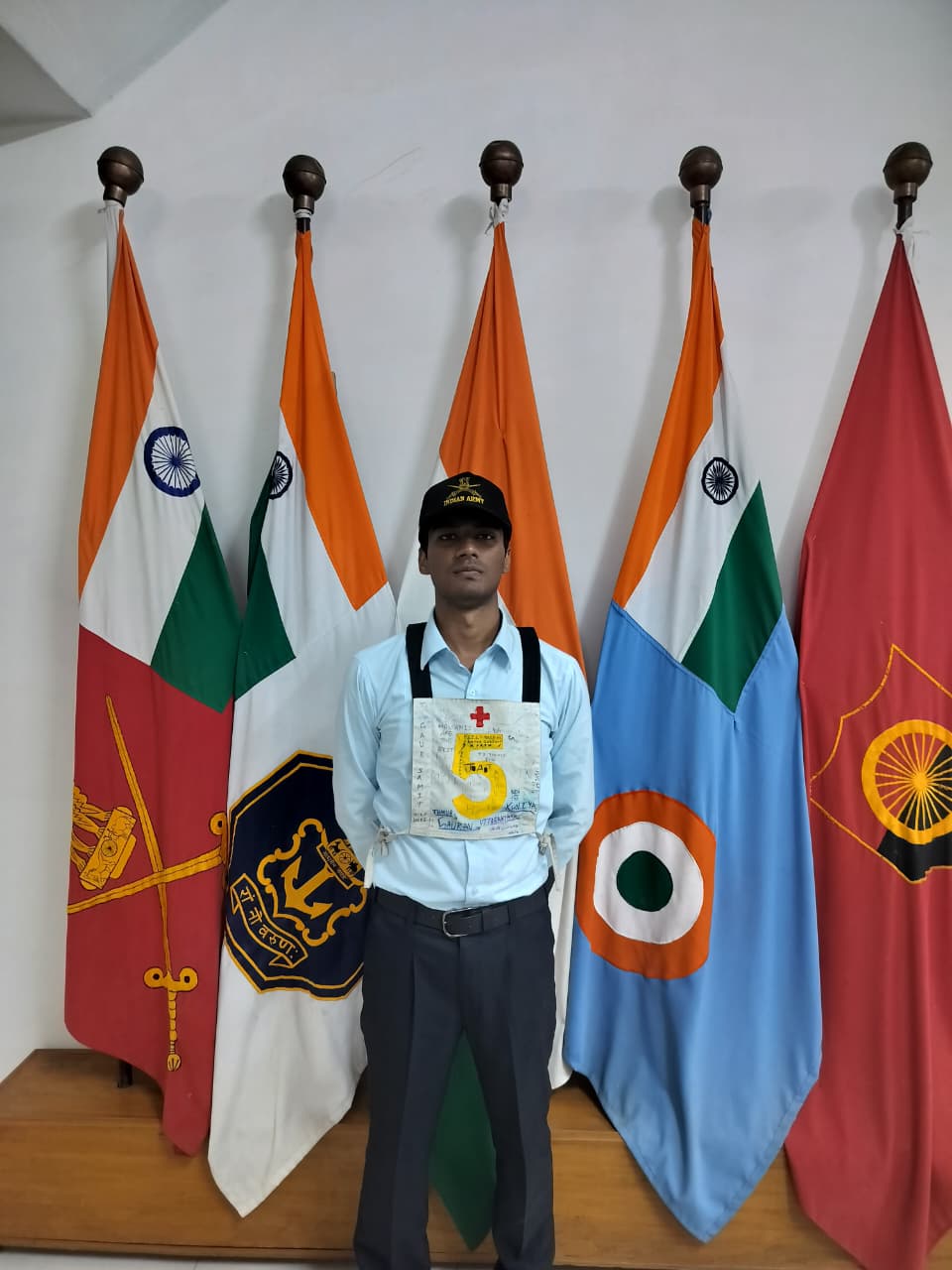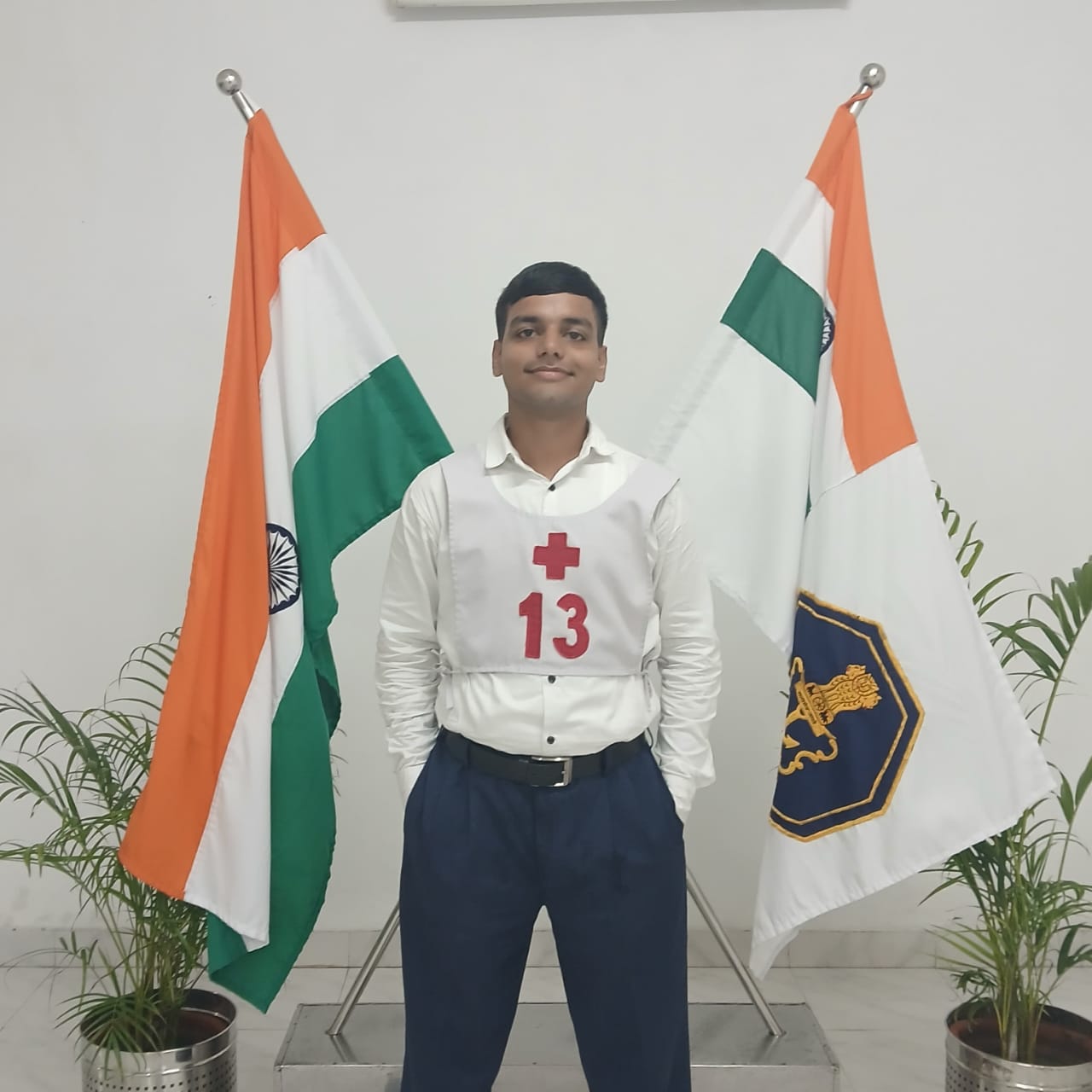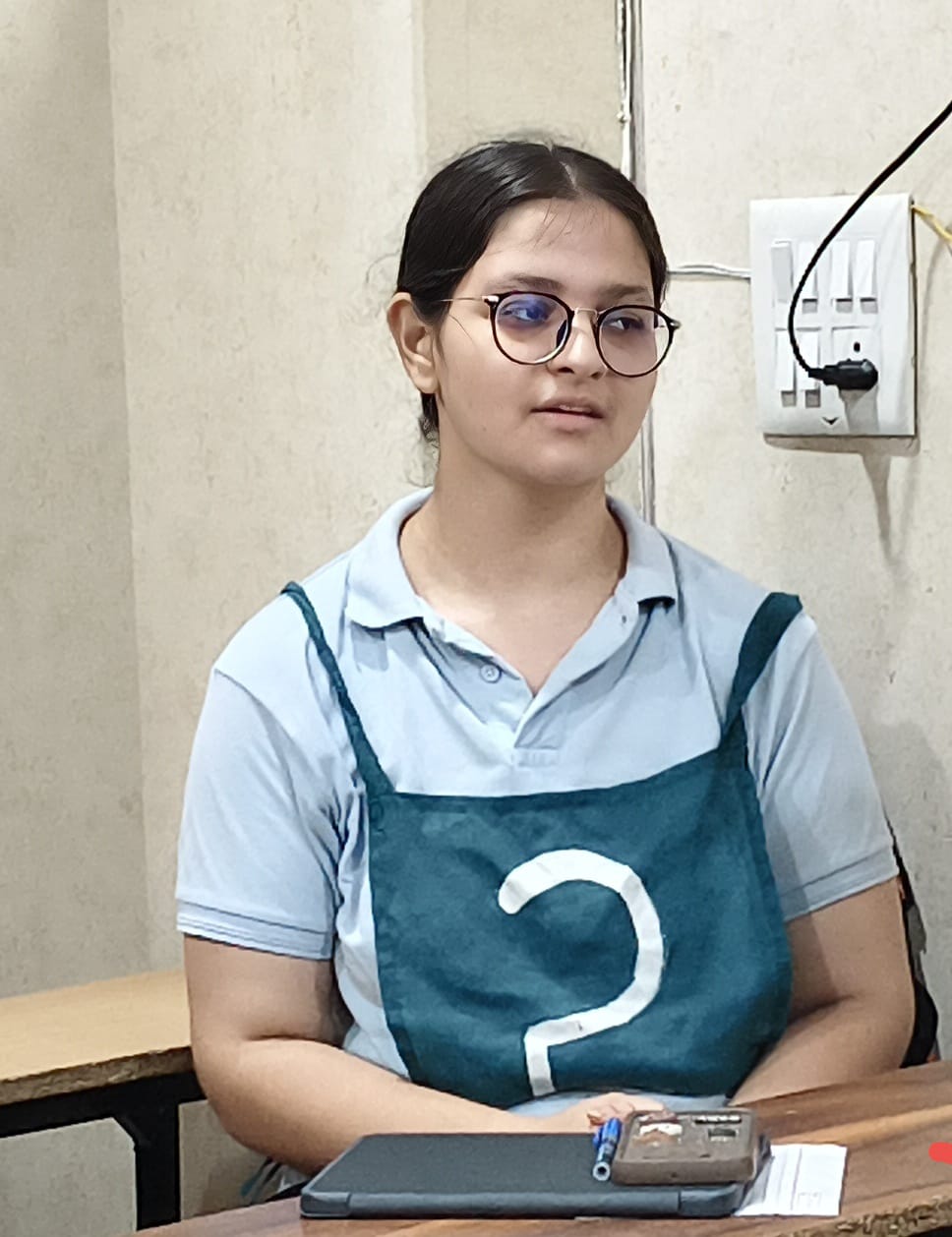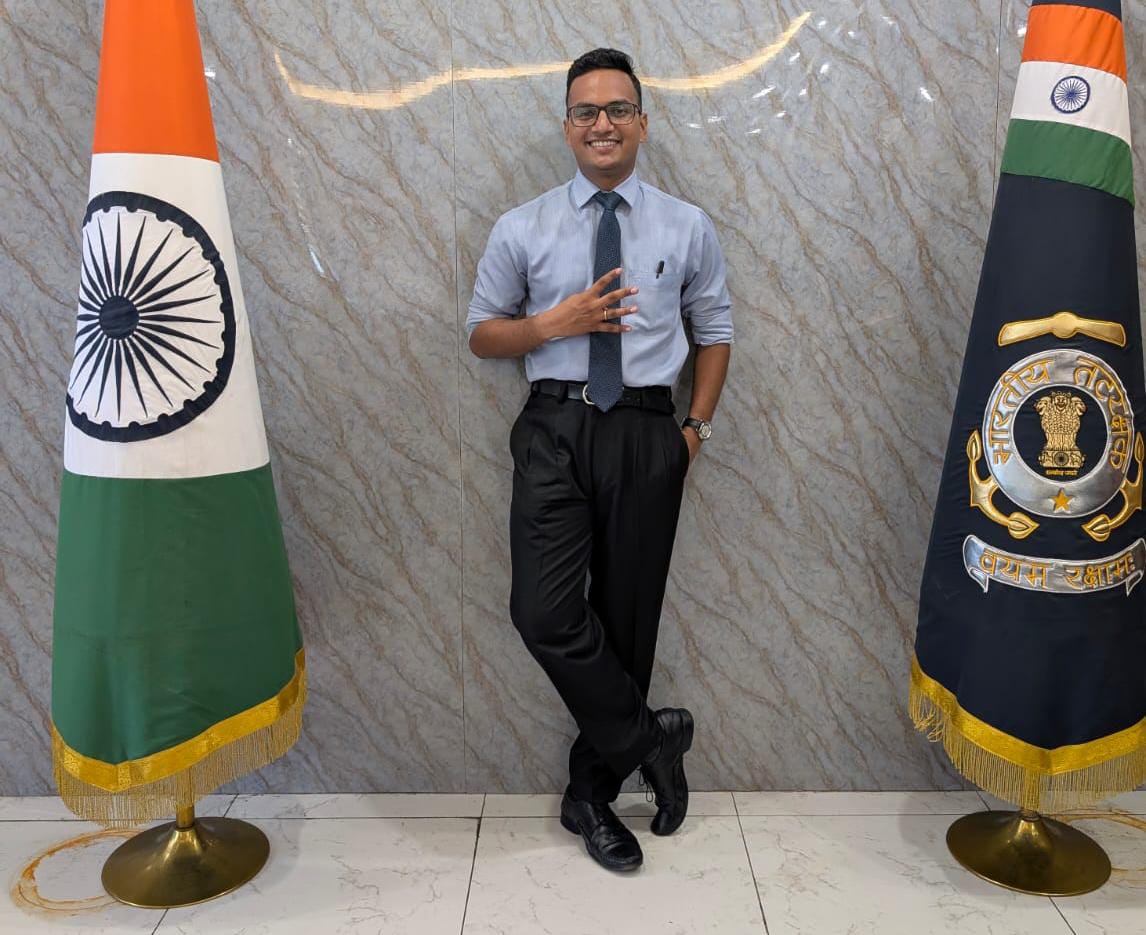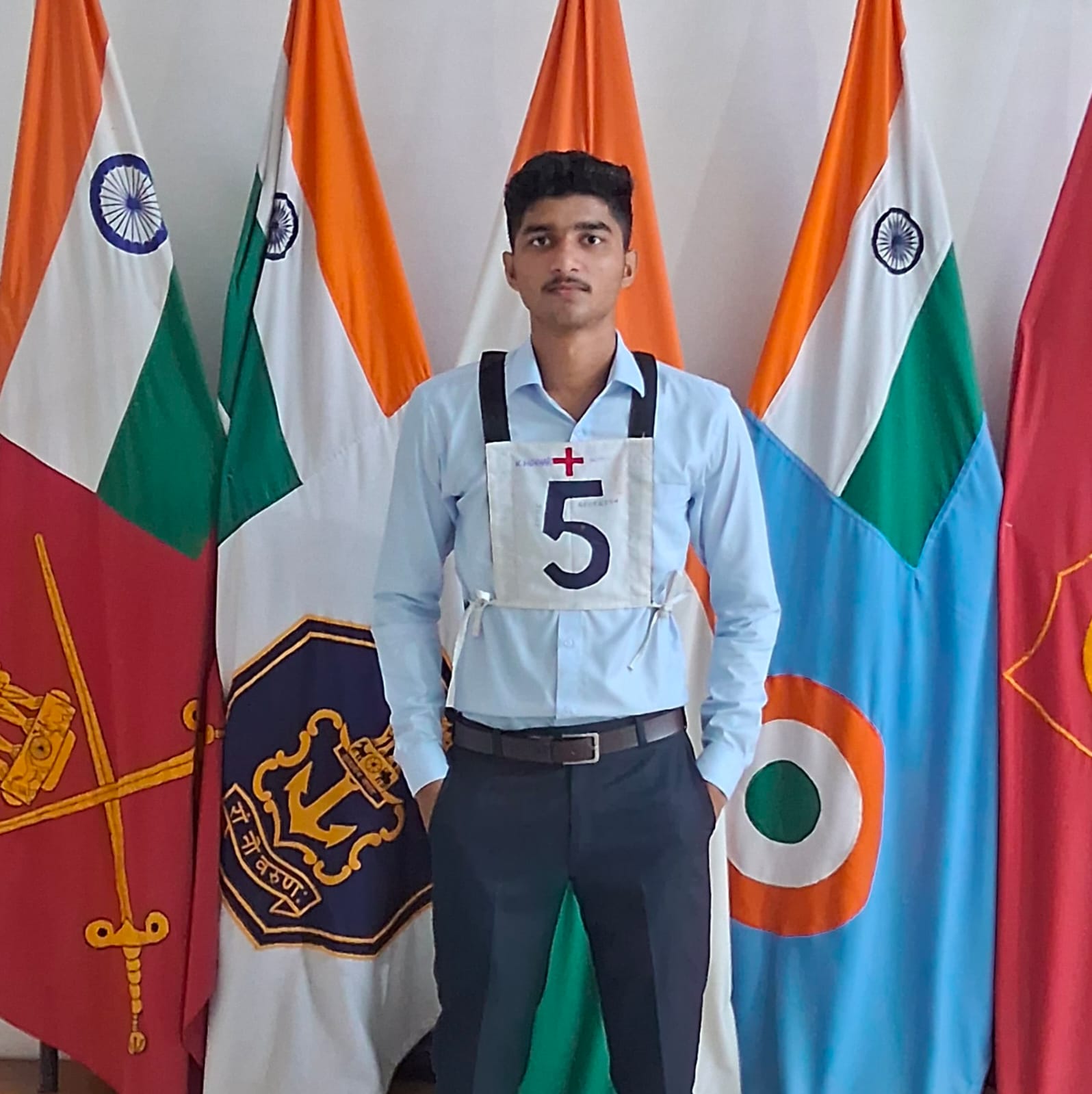Cervical Cancer Awareness Campaign through HPV Vaccine
- Launched by Narendra Modi.
- Location: Ajmer.
- Focus: Promote vaccination against Human Papillomavirus (HPV) to prevent cervical cancer.
- Important for public health and women’s health awareness.
- Linked with preventive healthcare initiatives.
USA–Israel Operation EPIC FURY Against Iran
- United States and Israel reportedly carried out an operation against Iran.
- Iranian Supreme Leader Ali Khamenei was reportedly killed during the operation.
- Relevant for exam topics under West Asian geopolitics and global security.
Justice Balbir Singh Chauhan Appointed Chairperson of Manipur Violence Commission
- The Central Government appointed Balbir Singh Chauhan as Chairperson of the Manipur Violence Commission.
- Purpose: Investigate and examine causes and circumstances of violence in Manipur.
- Important under internal security and constitutional governance.
India’s First State Innovation Mission Launched
- Launched by Jitendra Singh.
- Aim: Promote innovation ecosystem at the state level.
- Encourages startups, research institutions, and technology-driven development.
- Supports India’s broader innovation and entrepreneurship framework.




